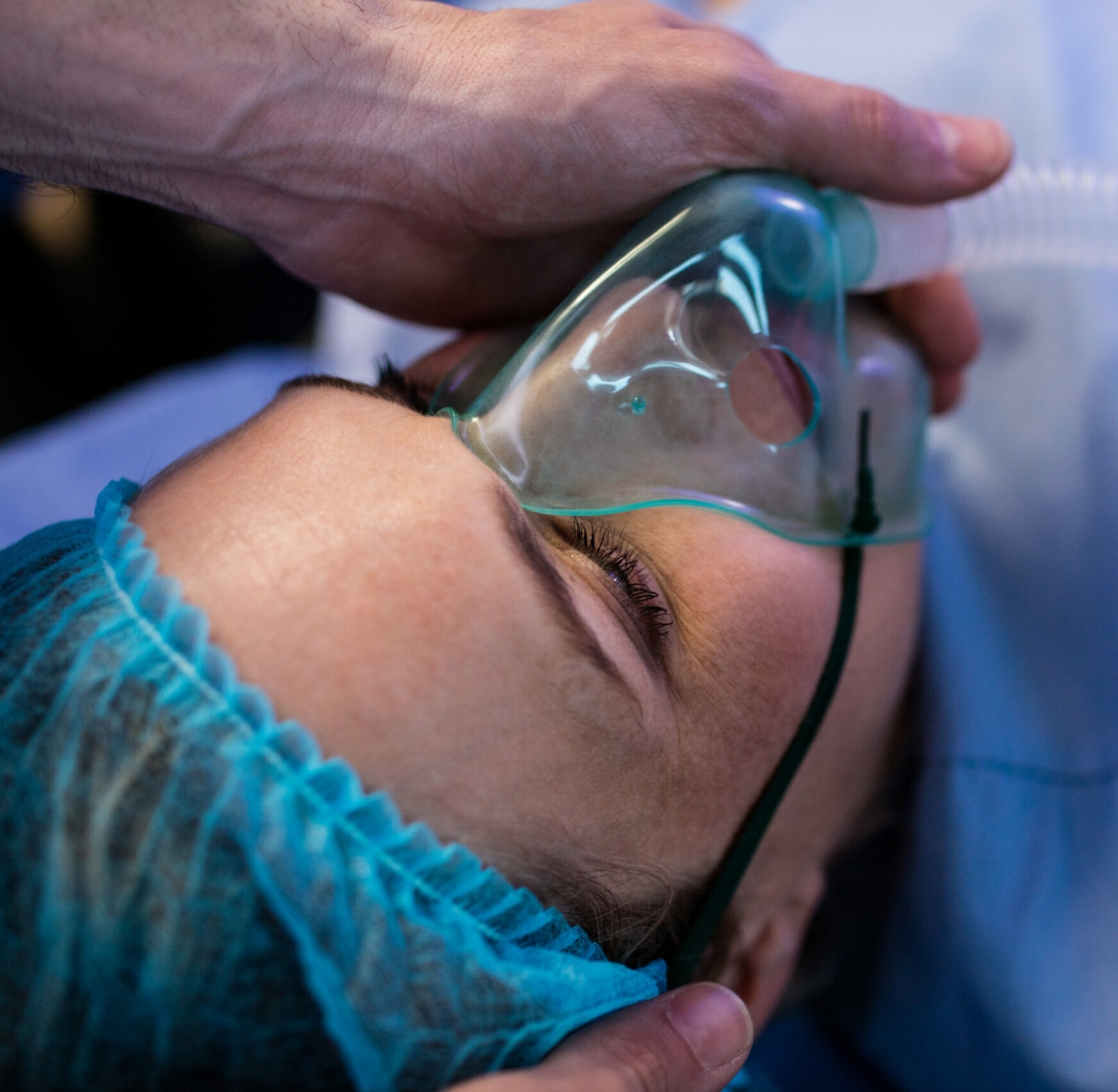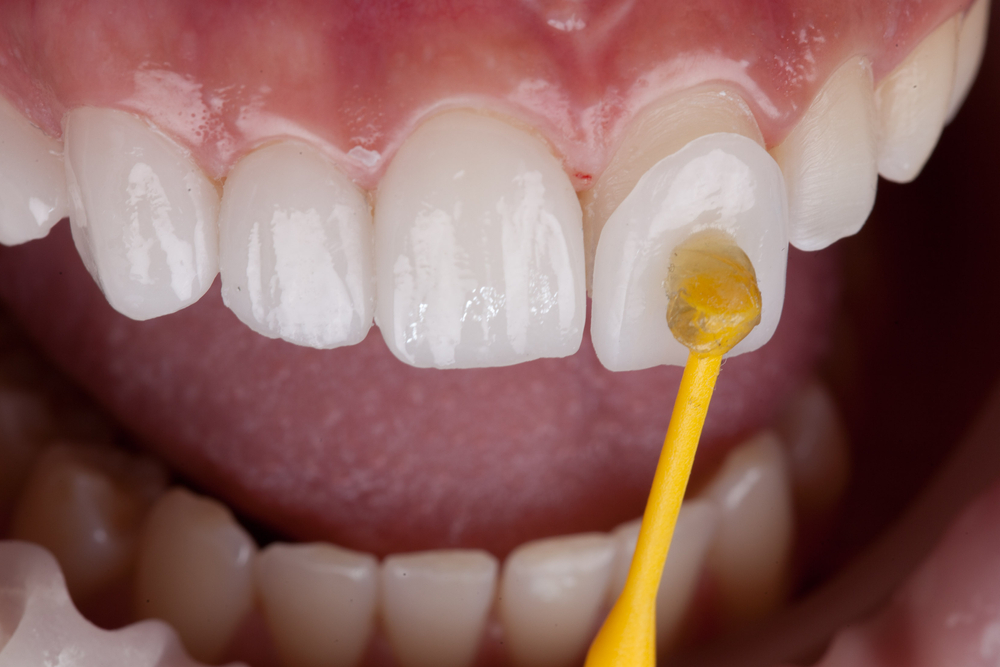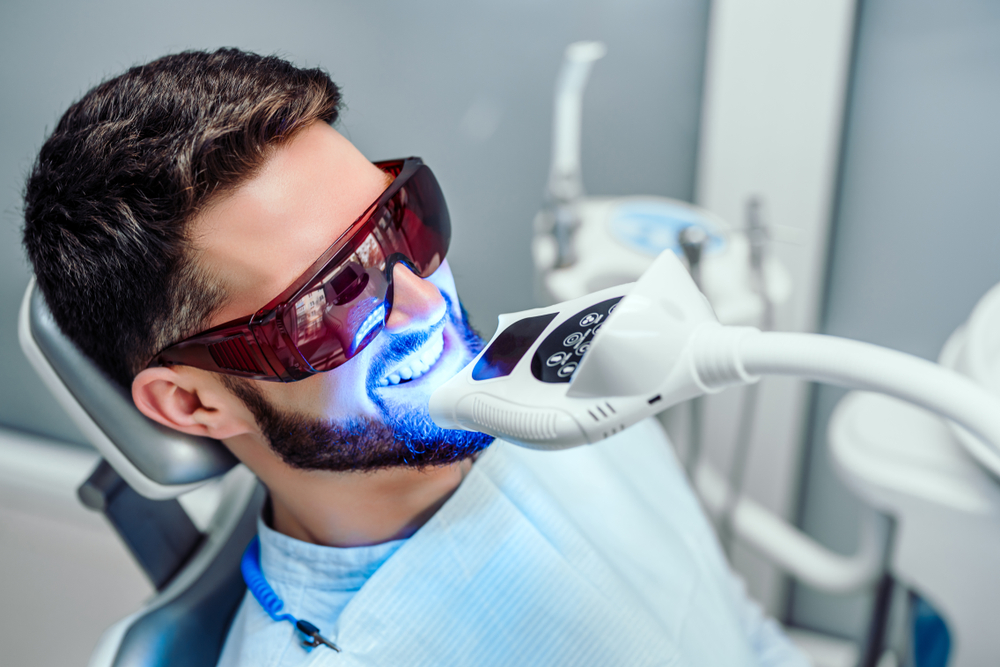Going to the dentist is an essential part of maintaining good oral health, yet for many, it’s a task that’s often filled with apprehension and fear. If you’re one of those people who feel a sense of dread at the thought of sitting in the dentist’s chair, sedation dentistry may be a game-changer for you.
Sedation dentistry, as the term suggests, involves the use of sedatives during dental procedures to help patients relax and alleviate their fear and anxiety. It’s a safe and effective solution that makes dental visits a less stressful experience. Sedation dentistry isn’t just about ‘putting you to sleep’; there are various levels of sedation to cater to different patient needs – from mild sedation where you remain fully awake but relaxed, to general anesthesia where you’re completely unconscious.
Sedation dentistry can be used for everything from invasive procedures to a simple tooth cleaning, depending on the intensity of the patient’s fear. It’s transforming the way people view dental care, replacing the fear and anxiety with a sense of calm and relaxation. With sedation dentistry, maintaining your oral health doesn’t have to be a daunting task anymore. Instead, it can be a peaceful, stress-free experience.
At Smile Science Dental Spa in Glendale, AZ, we are proud to offer sedation dentistry options to make your dental visits more comfortable. Both Dr. Richard Dawson and Dr. John Turke are highly skilled in administering minimal and moderate sedation, ensuring a safe, relaxed, and pain-free dental experience for all patients. Dr. Roberts, our dental anesthesiologist, is a board-certified dental anesthesiologist with many years of training and experience.
Understanding Dental Fear and Anxiety
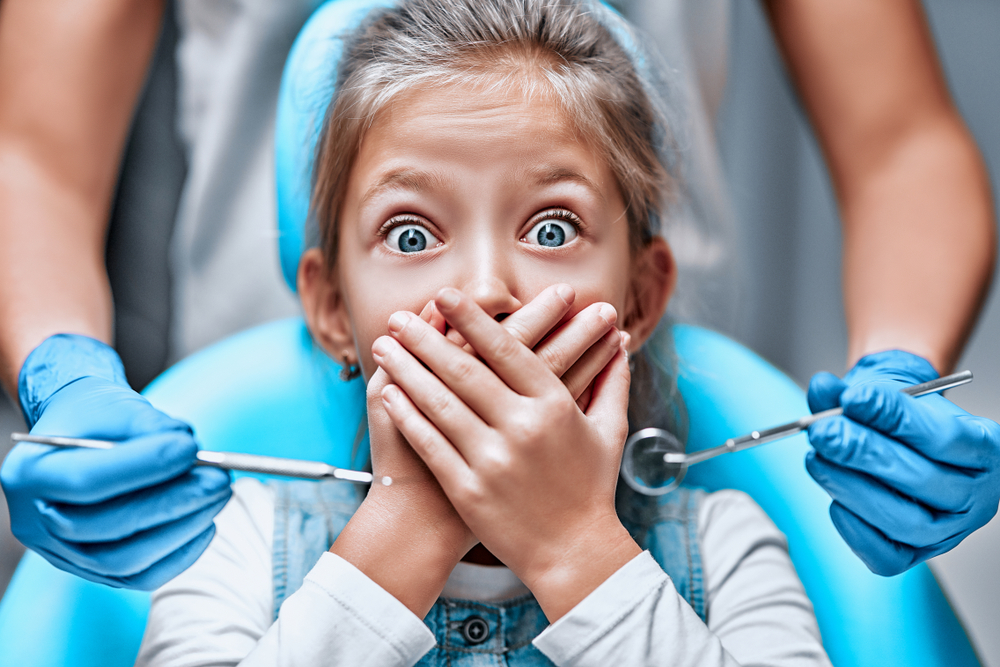
Before diving deeper into the world of sedation dentistry, let’s take a moment to understand the fears it seeks to address. Dental fear, or dentophobia, is a common issue that affects people of all ages worldwide. It’s a strong emotional response to dental procedures that can stem from various sources.
One of the most common causes is a previous bad dental experience. This could be a painful procedure or an encounter with an unsympathetic dentist, leaving lasting traumatic memories. Fear can also come from external influences such as scary stories from friends or family or negative portrayals of dentistry in movies and media.
Some people have a general anxiety disorder that extends to dental procedures, while others might be particularly sensitive to feelings of helplessness or loss of control. Even the environment of a dental office – the sound of the drill, the smell of the antiseptic – can trigger anxiety in some.
Regardless of the source, dental fear can have serious consequences. People with dentophobia often avoid dental appointments, leading to neglected oral health, untreated dental problems, and ultimately, more severe health issues.
This is where sedation dentistry comes into play. By creating a relaxed and comfortable dental experience, sedation dentistry encourages regular dental visits, leading to better oral health and overall wellbeing. It’s an effective bridge over the gap of fear, leading you to the care you need and deserve.
Different Types of Sedation Dentistry
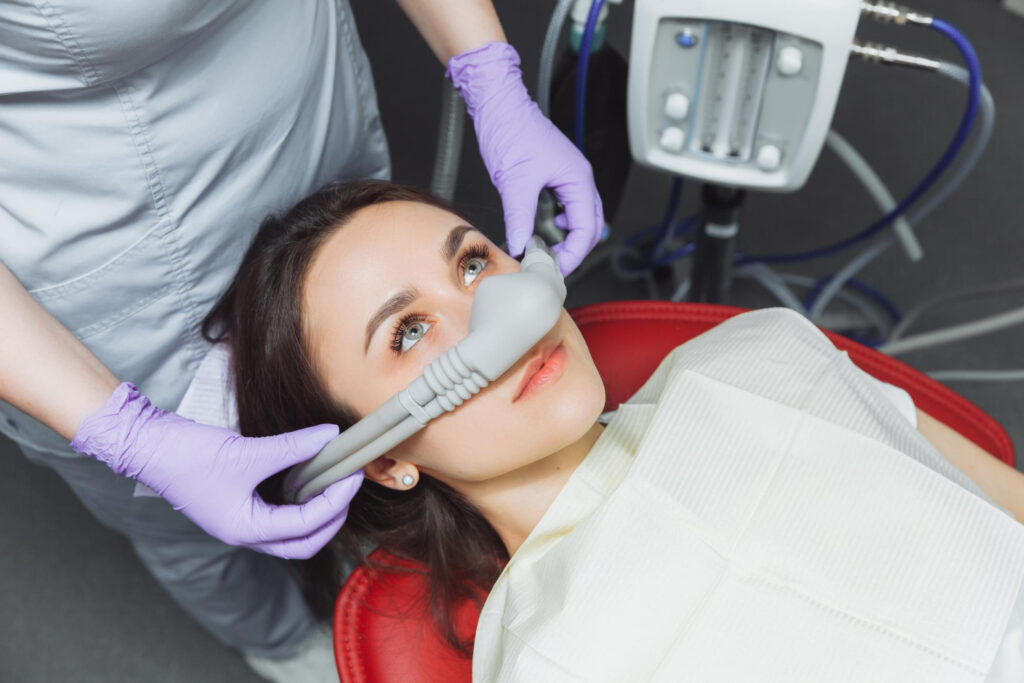
Sedation dentistry is a versatile field, offering various methods to cater to the unique needs of individual patients. Understanding these different types can help you make an informed decision about what’s best for your situation.
- Minimal Sedation: Under minimal sedation, you’ll be awake but relaxed. This is typically achieved using nitrous oxide, commonly known as laughing gas. The gas is mixed with oxygen and inhaled through a mask placed over your nose, helping you feel more at ease during the procedure.
- Moderate Sedation (Conscious Sedation): This method involves using oral or intravenous (IV) medication to induce a deeper level of sedation. While you’ll still be awake and able to respond to instructions, your speech may be slurred, and you might not remember much of the procedure.
- Deep Sedation: This involves intravenous medications to put you on the edge of consciousness, but you can still be awakened if necessary.
- General Anesthesia: Under general anesthesia, you are completely unconscious. This method is typically reserved for more intensive dental surgeries.
Each type of sedation has its unique benefits and is chosen based on the patient’s level of anxiety, the complexity of the procedure, and the patient’s overall health condition. It’s important to discuss your fears and medical history with your dentist to determine the best sedation method for you.
How Sedation Dentistry Works

The process of sedation dentistry starts with a thorough consultation with your dentist, where you’ll discuss your dental anxiety, medical history, and the upcoming procedure. Based on this discussion, your dentist will recommend the most appropriate type of sedation.
If oral sedation is selected, you’ll be given a pill to take before your appointment to help you relax. For nitrous oxide, you’ll inhale the gas through a mask during the procedure. For IV sedation or general anesthesia, a professional anesthesiologist usually administers the sedative directly into your bloodstream for immediate effect.
Once the sedative takes effect, you’ll start to feel relaxed and less aware of what’s happening. Despite these feelings, you’ll still be able to respond to your dentist’s prompts throughout the procedure. In the case of general anesthesia, you’ll be unconscious and wake up with little to no memory of the treatment.
After the procedure, you might feel groggy or sleepy until the sedative wears off. Therefore, you’ll need to arrange for someone to drive you home after your appointment. Your dentist will provide you with aftercare instructions to ensure a smooth recovery.
At Smile Science Dental Spa, your comfort and safety are our top priorities. Dr. Dawson and Dr. Turke are skilled in various minimal and moderate sedation dentistry techniques, ensuring you have a relaxed, pain-free dental visit every time. For deep sedation and general anesthesia Dr. Roberts, our board-certified dental anesthesiologist can assist. We’re here to help you overcome your dental fear and keep your smile healthy and beautiful.
Benefits of Sedation Dentistry

Sedation dentistry brings several benefits that help patients and dentists alike. Here are some of the most notable advantages:
- Reduces Fear and Anxiety: Sedation dentistry’s main benefit is its ability to alleviate fear and anxiety related to dental procedures. By providing a relaxed and comfortable environment, it encourages even the most anxious patients to receive the dental care they need.
- Increases Comfort: Sedation dentistry helps to increase physical comfort during procedures. It can prevent discomfort from keeping the mouth open for an extended period and alleviate pain in patients with sensitive teeth.
- Enhances Efficiency: When patients are relaxed, dentists can work more efficiently and effectively. It also allows dentists to perform multiple procedures in one visit, reducing the total number of appointments.
- Controls Gag Reflex: Sedation can help control the gag reflex in patients who struggle with this issue, making dental procedures more comfortable and easier to perform.
- Improves Patient Cooperation: Sedation can help patients stay still during procedures, improving safety and results. It’s particularly beneficial for children or adults with conditions that make it difficult for them to control their movements.
- Creates Amnesia Effect: Moderate to deep sedation and general anesthesia often lead to the patient remembering little to nothing about the procedure, which can be a significant relief for those with intense dental fear.
Who Can Benefit from Sedation Dentistry?
While sedation dentistry is often associated with patients suffering from dental anxiety, its benefits extend to a much broader audience. Here are some categories of patients who can benefit:
- Dental Anxiety Patients: This is the most common group, as sedation dentistry was designed to help these patients overcome their fear.
- Lengthy or Complex Procedures: Sedation can help make long procedures feel shorter and more comfortable.
- Low Pain Threshold or Sensitive Teeth: Sedation can make dental procedures more bearable for these patients.
- Strong Gag Reflex: Sedation can help suppress the gag reflex, making dental work easier and more comfortable.
- Special Needs Patients: For patients with physical or cognitive conditions that may make dental procedures challenging, sedation can be beneficial.
- Children: Children who are fearful, unable to sit still, or need a lot of dental work can greatly benefit from sedation.
While sedation dentistry is a safe practice, it’s essential to discuss your health history and concerns with your dentist to identify the most suitable sedation method. At Smile Science Dental Spa, our priority is providing personalized, comfortable, and effective dental care.
Safety and Risks of Sedation Dentistry
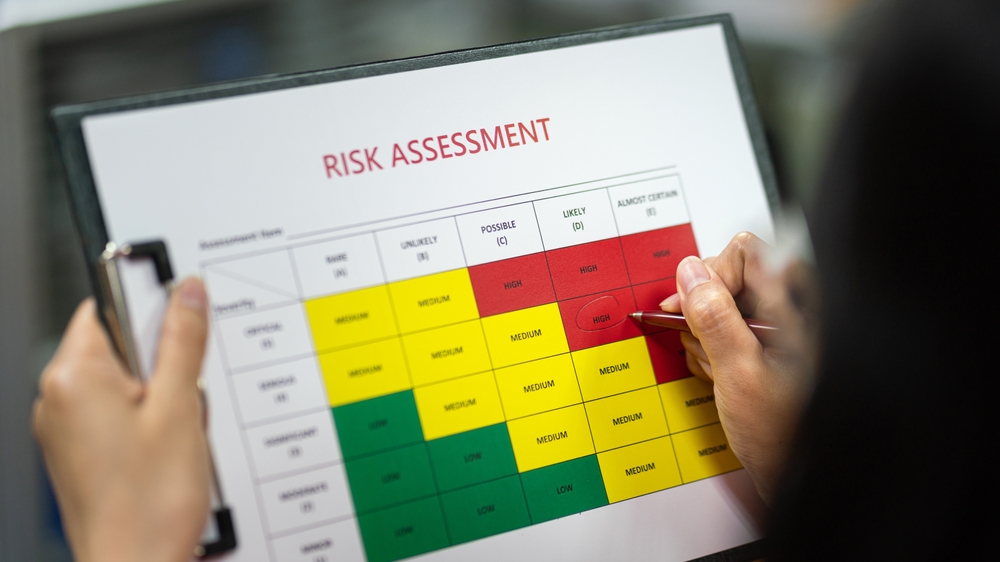
Sedation dentistry has proven to be a safe and effective method for managing dental anxiety and pain. However, like all medical procedures, it comes with certain risks. The specific risks can vary depending on the type of sedation used, the individual’s health status, and the skill and experience of the dental professional administering the sedation.
Common side effects can include drowsiness, dry mouth, or light-headedness, but these are usually temporary and subside once the sedative wears off. In rare cases, patients might experience nausea or vomiting, or have an allergic reaction to the sedation.
Safety in sedation dentistry significantly depends on the patient’s medical history. Certain health conditions like obesity, sleep apnea, or heart disease can increase risks. Thus, it’s crucial to provide your dentist with an accurate and complete health history before undergoing sedation.
Lastly, the dental professional’s skill in administering sedation plays a crucial role in safety. Therefore, it’s important to choose a dental practice with dentists who are highly trained and experienced in sedation dentistry, like Drs. Dawson and Turke at Smile Science Dental Spa.
Sedation Dentistry at Smile Science Dental Spa
At Smile Science Dental Spa in Glendale, AZ, we’re committed to providing a relaxing and stress-free dental experience through sedation dentistry. Dr. Richard Dawson and Dr. John Turke have extensive training in administering various types of sedation safely and effectively, ensuring a comfortable experience for every patient.
We offer nitrous oxide, oral sedation, and IV sedation, enabling us to cater to the specific needs of our patients. Whether it’s a routine cleaning, a filling, or a more extensive procedure, our team is dedicated to helping you remain calm and relaxed throughout.
Before administering any sedation, we carry out a thorough consultation to understand your medical history, dental needs, and anxiety level. We then design a personalized sedation plan that best fits your situation, keeping your safety and comfort at the forefront.
Conclusion: Taking the Fear Out of Dentistry
In conclusion, sedation dentistry is a powerful tool in overcoming dental fear and anxiety. It offers a pathway to comfortable and relaxed dental care, ensuring that dental anxiety doesn’t stand between you and your oral health.
Remember, dental fear is a common experience, and there’s no need to feel embarrassed about it. What’s important is finding a solution – and sedation dentistry provides just that.
If you’re in Glendale, AZ, or the surrounding areas, don’t let fear keep you from getting the dental care you need. Contact Smile Science Dental Spa today to schedule a consultation with Drs. Dawson or Turke. Let us help you turn your dental visits into a comfortable, stress-free experience with the help of sedation dentistry.
Citations and Further Reading
- Effectiveness and safety of oral sedation in adult patients undergoing dental procedures: protocol for a systematic review
- Effectiveness and safety of oral sedation in adult patients undergoing dental procedures: a systematic review
- Effectiveness and safety of oral sedation in adult patients undergoing dental procedures: a systematic review
- Conscious Sedation in Dentistry
- Conscious Sedation for Dental Treatments in Subjects with Intellectual Disability: A Systematic Review and Meta-Analysis
- Current methods of sedation in dental patients – a systematic review of the literature


